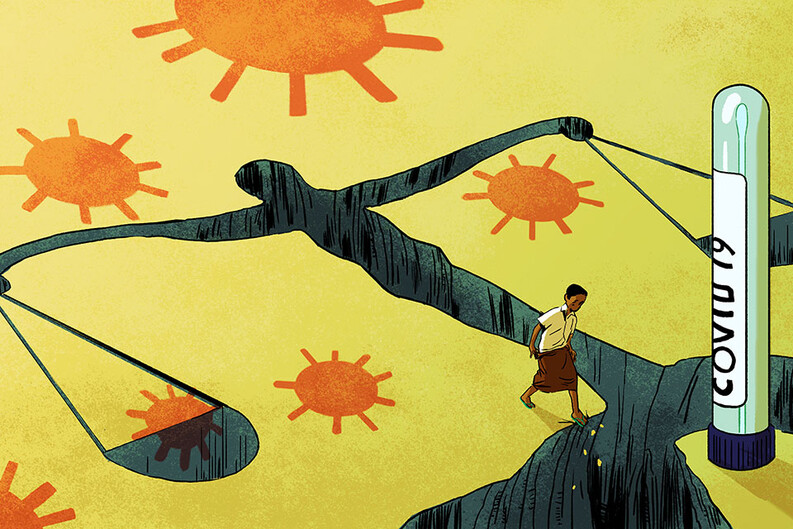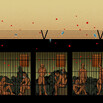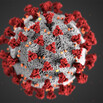Achieving an Equitable COVID-19 Testing Model

By Karsten Noko & Veena Pillai
More than a year into the Coronavirus pandemic, pain and suffering continue in all corners of the world. By early April 2021, Coronavirus-related deaths worldwide had crossed 3 million. It is hard to quantify sorrow. Beyond numbers, what continue to leap out are the human and social impacts of the pandemic, exacerbating the medical consequences of Covid-19. Despite developments and advances in medical research in the past months, access to testing worldwide has been riddled with problems.
To date, testing is still either restricted to symptomatic patients or available at exorbitant prices that many people cannot afford. As authorities in many countries focus on development of vaccines and countries pivot to rolling out mass vaccination campaigns — seen by many as almost a magic solution — the benefits that could flow from widespread testing remain elusive in many countries because testing services remain riddled with problems. The four key barriers revolve around access, human rights, exclusion, and the overarching issue of equity which encompasses elements of the other three. The yawning gaps on all these fronts in many countries should sound an alarm because they stand in the way of an inclusive strategy to contain the pandemic.


